News - Advertising
Lebanese Ad men and Women Fighting for Survival
by Iain Akerman
February 13, 2020
.jpg) Advertisement
Advertisement“Our industry is a direct reflection of the economy and is one of the first sectors to be hit,” says Alain Rizk, chief executive of Rizkgroup. “The first thing clients say is ‘cut down on spending’, so spending is down by 70 to 80 per cent.”
The scale of the disaster facing Lebanon’s advertising industry is exceptional. The country’s deep financial crisis, its suffocating banking restrictions and drastically reduced marketing budgets have forced the advertising industry to its knees. The result is an extraordinary struggle for survival.
“We’ve gone through a lot in this country, but it has never been this direct on the economy,” says Rizk. “We’ve never had a problem with dollars. The banking sector has always been one of the pillars of this country that kept us standing on our feet. But this is the first time it got hit and banks, once they’ve been hit, it’s very hard for them to attract back confidence.”
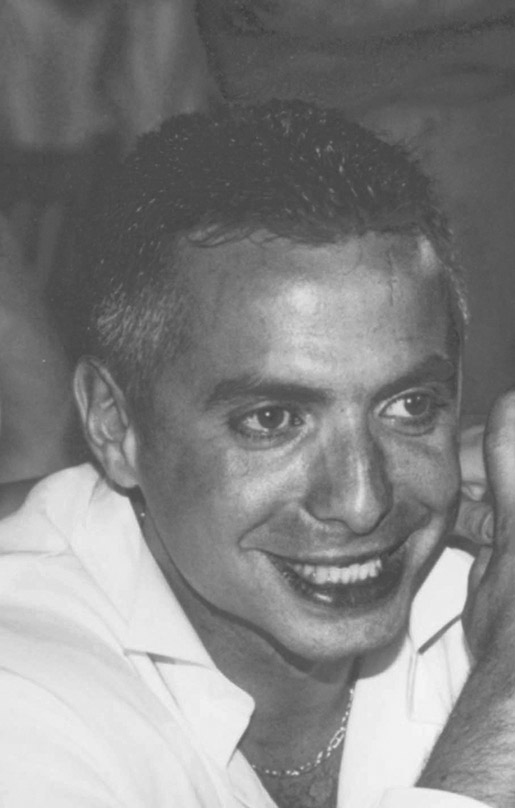
“There is an opportunity to double down and to attract clients to work with Lebanese agencies out of Lebanon. Lebanese creatives at Lebanese prices, not Lebanese creatives at UAE and Saudi prices”—Alain Rizk, CEO Rizk Group
The crisis is most acute for independent agencies. Those that are reliant on Lebanese clients, do not operate regional offices, or do not have access to international bank accounts are under immense pressure. Some are attempting to relocate to the Gulf, most are looking for clients outside of Lebanon, and many are facing the very real threat of collapse.
“For years we have been hearing of cuts in advertising and production budgets,” says Wissam Matar, managing director of Operation Unicorn. “But today budget cuts have become zero budgets and if the situation stays like this I don’t know how many local independent agencies will close down or minimise staff and expenses.”
It’s a sensitive topic, with some agencies preferring not to discuss the problems they’re facing. Some, such as the Rizkgroup, have made staff redundant. Others, including Operation Unicorn, have reduced the working hours and salaries of their employees. Although Matar describes the reductions as temporary, anything could happen in the coming months.
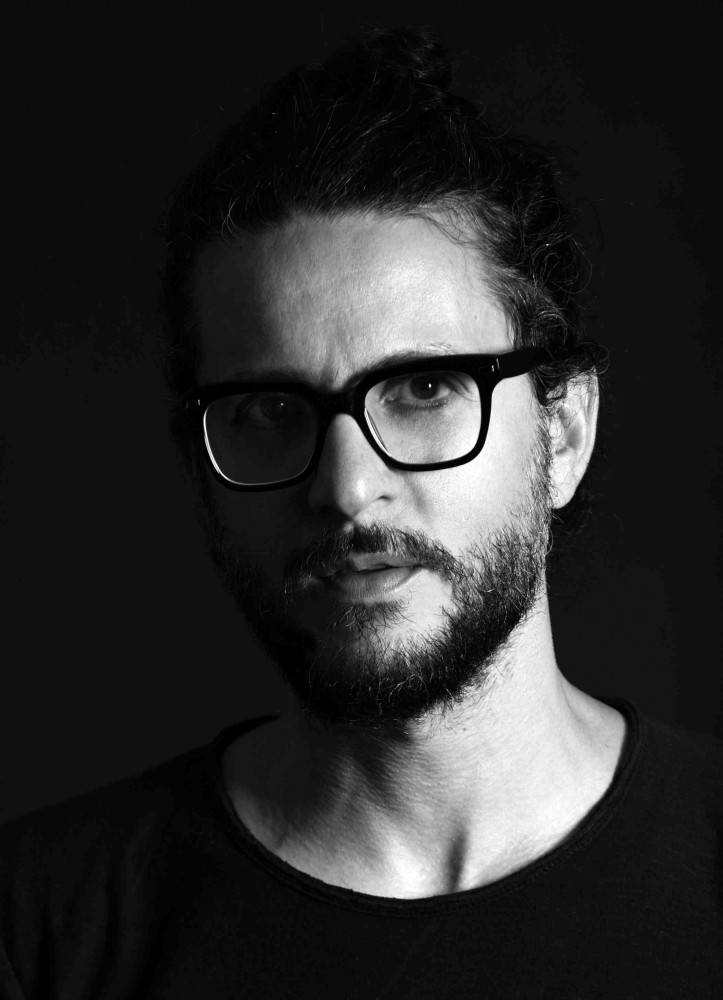
“Today budget cuts have become zero budgets and if the situation stays like this I don’t know how many local independent agencies will close down.”--Wissam Matar, MD, Operation Unicorn
“We are hoping to be able to go back to normal in a month or two,” says Matar. “The thing is we can’t guarantee this – and this by itself is frustrating to all parties involved, including us as management. Payments are being transferred through the bank directly to the accounts of the employees. Our issue in the country is retrieving cash from the banks. So far we are sustaining everything financially through some existing clients and some self-financing from the partners’ side. But by the end of January we realised that this cannot remain as a solution. If we aren’t able to make progress this month we will have to take radical measures.”
Those measures could include redundancies, structural changes, and relocation to another market. The agency is far from alone, although other independents, thanks largely to a roster of clients outside of Lebanon, are faring better. Such agencies include Interesting Times, which already has offices in the UAE and Kuwait, and The Creative 9, which has recently opened an office in Dubai.

“We established an office in Dubai to further solidify our position with our clients in the GCC and to be able to service them despite any occurrences in Lebanon.”--Rola Ghotmeh, chairman and CCO, The Creative 9
“We’re lucky to have been able to sustain ourselves without [reducing staff or working hours],” says Rola Ghotmeh, chairman and chief creative officer of The Creative 9. “Our team’s jobs remain solid and we have been paying salaries regularly and in a timely manner. We are working tirelessly to fill any gaps that occur from any loss of clients or retainers. We established an office in Dubai to further solidify our position with our clients in the GCC and to be able to service them despite any occurrences in Lebanon. My aim is to be less dependent on the situation over here. It is imperative for us to keep a positive attitude vis-à-vis what’s happening and continue to be optimistic about what the future may hold.”
WonderEight, which has offices in Dubai and Saudi Arabia, has reallocated some of its most costly resources to service international clients. A year ago the agency also implemented a four-day working week, says Walid Nasrala, the agency’s co-founder and creative director, which it has “managed to maintain even with the difficult situation”. “As for cash flow, I suppose everyone had to find solutions to stay operational but it’s not easy,” he says. “Since everyone without exception has been affected I think people and companies are all being co-operative with each other.”
Similarly, the Beirut-based staff of Interesting Times have been working on GCC business, says Nadim Ghrayeb, the agency’s regional business director. Its regional diversity has enabled it to “maintain the financial and job security of our employees”.
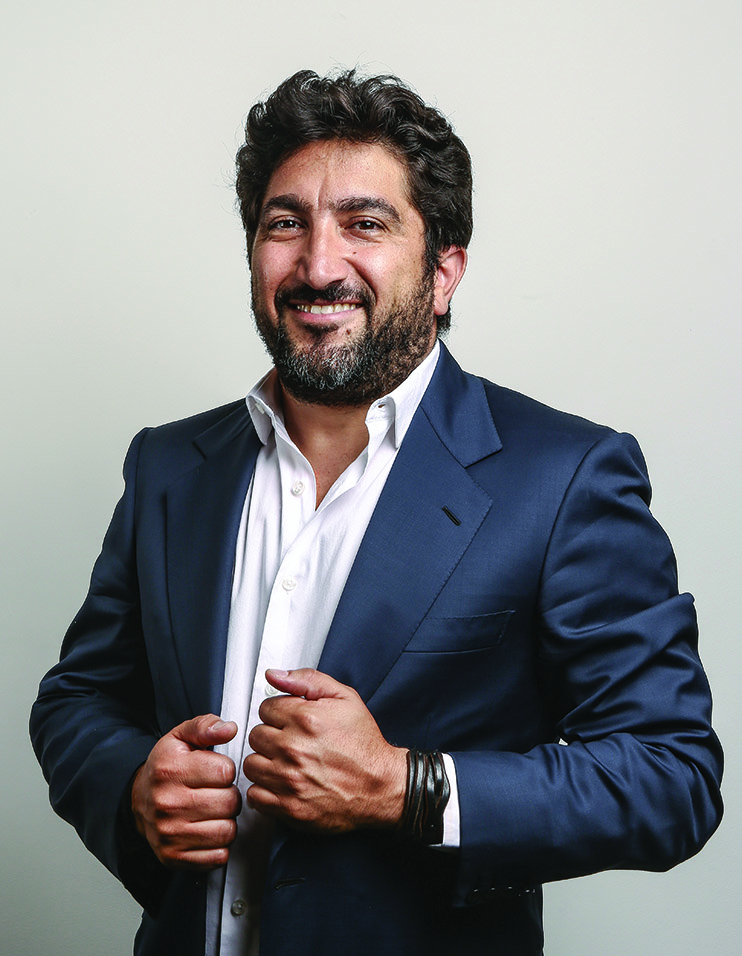
“Since everyone without exception has been affected I think people and companies are all being co-operative with each other.”--Walid Nasrala, co-founder and creative director, Wondereight
Arguably the least affected are agencies such as Midnight Cravings, which has no office or employees and only takes on projects. “We knew from the start that our model was fit for the region and specifically for shaky markets like the Lebanese one,” says Paola Mounla, a partner and creative director at the agency. “While hoping that things will be back on track soon for Lebanon, we can safely say that most probably we’re amongst the least affected by the crisis in our industry.”
Multinational agencies are under pressure, even if their size and scale enable them to outsource services to their regional networks. They have greater costs and the country’s economic and political crisis simply lies atop deeper industry transformation, with agencies struggling to remain relevant in a world that has been revolutionised by technology and changes in consumer consumption.

“Our primary worry is our people. If we do not protect our people, we will lose our soul. Also, transparency and communication are key during those difficult times.”—Nada Abi Saleh, MD, Leo Burnett Beirut
“We had to take a few measures to adjust to the situation,” admits Nada Abi Saleh, managing director of Leo Burnett Beirut. “We were able to relocate some of our talent in the region. We are also handling a few assignments for the region out of Beirut, keeping our core team up and running. Thankfully, we’ve been on a transformative journey for more than three years, with all that entails in terms of re-structuring. Our transformation is an ongoing process and as such we have been upskilling and optimising our talent pool in terms of expertise across all competencies and departments to ensure a more agile cost-effective structure.”
For all agencies, maintaining staff morale is an ongoing challenge. With the cost of living rising, job security at an all-time low, and the country’s future in doubt, it is impossible to remain indifferent to the concerns of individual employees.
“While we are continuing to maintain the job security of our employees we also understand that there are many external factors that affect our employees through their personal life that have impacted their morale,” says Ghrayeb. “Being flexible where we can and maintaining an open dialogue with them we feel that we have created a safe space for them within the company.”
“Our primary worry is our people,” adds Abi Saleh. “If we do not protect our people, we will lose our soul. Also, transparency and communication are key during those difficult times. We have always implemented an open-door policy with our people but have been further reinforcing this in order to answer/diffuse all potential concerns.”
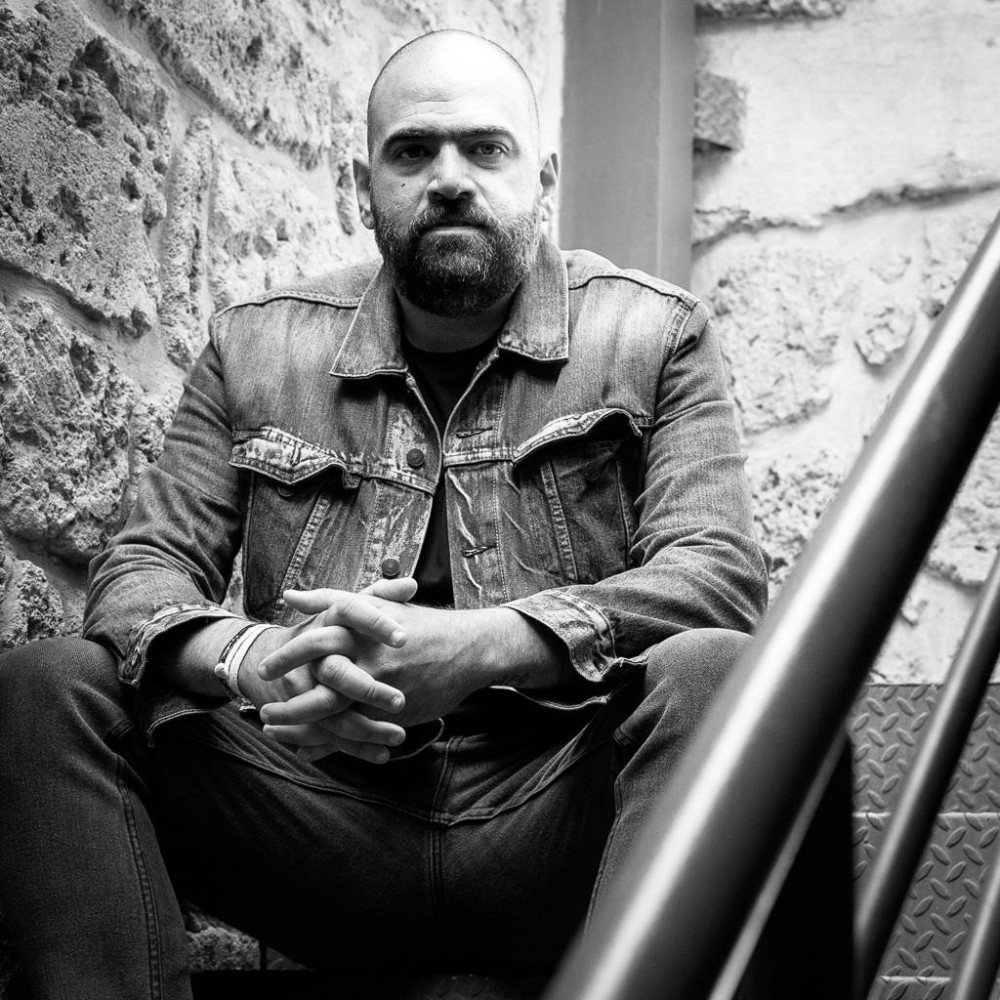
“While we are continuing to maintain the job security of our employees we also understand there are many external factors that affect our employees through their personal life and which have impacted their morale.”--Nadim Ghrayeb, regional business director, Interesting Times
At Operation Unicorn, everyone is being supportive of each other, says Matar. The agency’s management has held one-on-one meetings with all employees to discuss their situation on a case-by-case basis. “Some are thinking of leaving the country, some are thinking of changing careers,” says Matar. “Honestly, I can’t stand in the way of anyone, especially in these times. All I can say is that we are doing our best to make things better. It is not gonna be easy but we still believe it will work. We still believe in unicorns.”
In response to the crisis the agency has rethought its strategy. It has built a social media package proposal that includes video production, management and content creation. It is also targeting the Gulf region, has developed its content department, and is working on ideas for a series, a documentary and other shows in the hope of gaining interest from investors and production companies. “Our target is to sell it to VOD companies that are looking for original content from the region,” says Mattar.
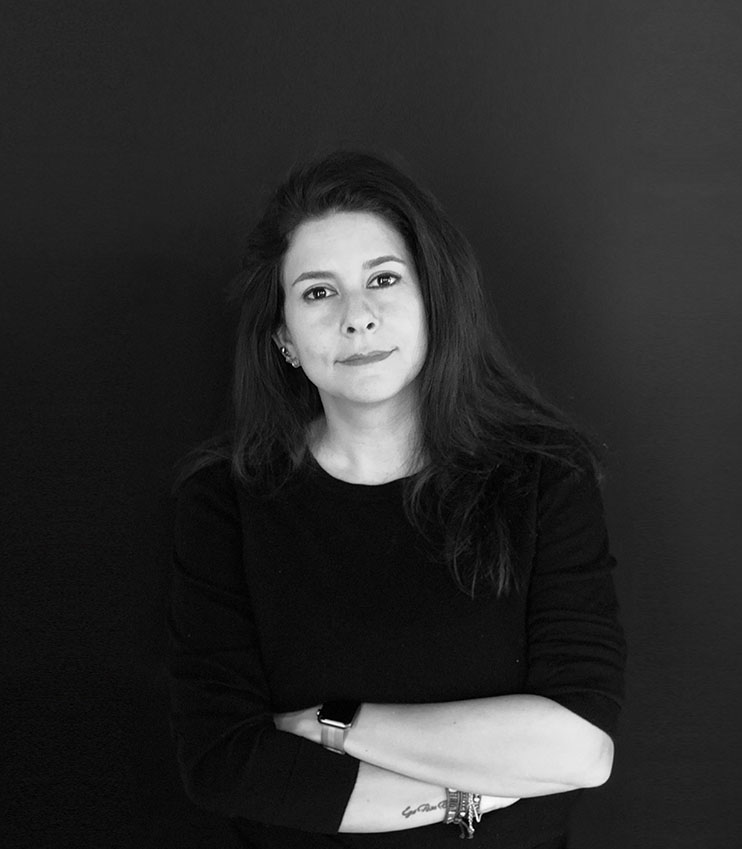
“We knew from the start that our model was fit for the region and specifically for shaky markets like the Lebanese one.”--Paola Mounla, partner and creative director, Midnight Cravings
Rizkgroup’s strategy is to refocus on the GCC, with Lebanon acting as the agency’s creative kitchen – a move that other independent agencies have already made. “We did have to cut some of our staff unfortunately,” says Rizk. “But at the same time there is an opportunity to double down and to attract clients to work with Lebanese agencies out of Lebanon. Lebanese creatives at Lebanese prices, not Lebanese creatives at UAE and Saudi prices.
“I think by doubling down and attracting business from abroad we could become a new hub for the GCC. We are already pitching for four or five big accounts. If a few land that could be the start of a new model for us – to keep representation abroad and to invest in our hub here. This is the model we’d like to have.”
Nobody knows how the next few months will play out or whether the situation will worsen, but agencies remain hopeful, even if the well of Lebanese resilience is in danger of running dry.
“All the bad things that you can forecast have happened, but when everything settles down a bit, either you close shop or you say ‘there must be an opportunity somewhere within all this chaos’,” says Rizk. “And the opportunity is that at the end of the day you’re going to have clients again that need to advertise in order to sell.”
Whatever the future holds there’s no turning back, despite the pain, says Matar. “What has happened in Lebanon since the 17th of October is a dream for most of the Lebanese,” he says. “A corrupted system that lasted for more than 30 years cannot be removed in a month or two. It will take time. I personally think it should take the time it needs no matter how long. We can’t go back to where we were before the 17th even though we are struggling today. We should be thinking of the Lebanon we want to leave for our children.”



.jpg)
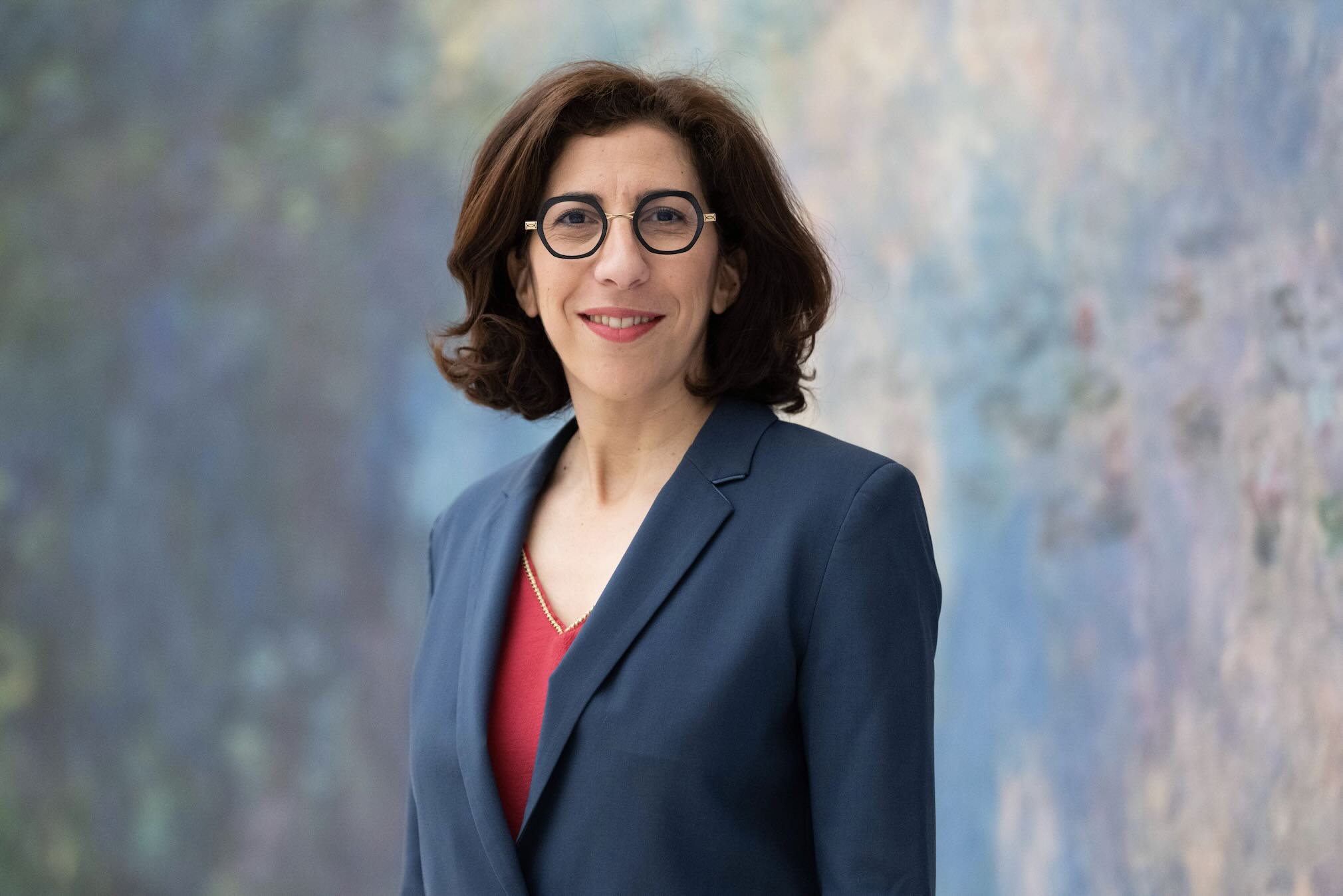

.jpg)






